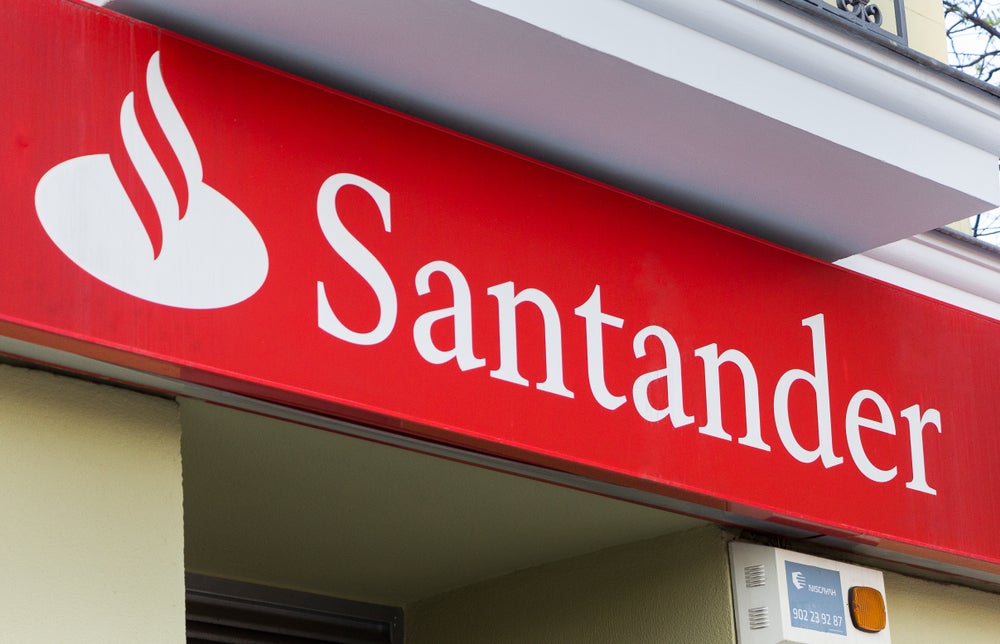its businesses in the US. By dividing its wealth unit along
separate service lines, it is attempting to become smaller, nimbler
and more cost effective in order to respond more quickly to changes
in its markets. Charles Davis reports on the
wealth manager’s revised strategy.
ING Group has split its US wealth business into four distinct
units in an effort to ready itself for an economic recovery. The
Dutch company’s US business now has four units: retirement
services, annuities, insurance, and investments. Previously,
retirement services and annuities, its two largest business lines,
operated within the wealth management business.
The new structure simplifies the business model by separating
annuities from retirement services, the company said.
The financial services giant is also trimming expenses in a
recession that has taken a heavy toll on the stock market and
property values, laying off 7 percent of its 11,000-person US
workforce as a result of the restructuring.
ING joins other financial services companies in the United
States in making cuts as the economy deteriorates. Deep declines in
the stock market shrink the value of investment portfolios and push
customers into lower-risk investments.
Kathleen Murphy, who had run ING’s wealth business in the United
States, stepped down in January to accept a position with Fidelity
Investments. There are now four heads of the newly-established
units, with Robert Leary in charge of the investment management
operation.
How well do you really know your competitors?
Access the most comprehensive Company Profiles on the market, powered by GlobalData. Save hours of research. Gain competitive edge.

Thank you!
Your download email will arrive shortly
Not ready to buy yet? Download a free sample
We are confident about the unique quality of our Company Profiles. However, we want you to make the most beneficial decision for your business, so we offer a free sample that you can download by submitting the below form
By GlobalDataING announced its first net loss ever in the quarter ended 30
September 2008, and accepted an infusion of about $12 billion from
the Dutch government. For the full year of 2008, the group posted a
net loss of €729 million ($950 million), compared to a net profit
of €9.24 billion in the previous year.
The market capitalisation of the Amsterdam-based group fell to
€15 billion last year from €60 billion in 2007.
ING joins the ranks of investment companies who have revamped
their wealth management lines while reducing expenses across the
board in an effort to increase sales by maximising coordination
between divisions in the hopes of an economic turnaround.
The reorganisation reflects convergence in the annuities and
retirement operations during the past few years, as well as the
recognition, however painful, that smaller, nimbler business lines
will serve the firm better in a post-recessionary future.
Decoupling lines of business can allow ING to provide more
resources and funding to higher-growth businesses and, as the
annuity market retrenches, insurers are looking to increase
investments in lower-risk lines where there are still significant
opportunities.
Group retirement and benefit offerings present a strong
short-term opportunity. And, as ING noted, the fourth quarter of
2008 marked the worst three months for equity and credit markets
for more than half a century.
Recently, ING, which employs 130,000 globally, again turned to
the Dutch government.
It is now taking on 80 percent of its €27.7 billion exposure to
mortgage-backed assets and monoline insurance products and gaining
the same scale of cash flows in return – mirroring similar moves
taken by authorities in Switzerland to support UBS late last
year.
Under the agreement, 80 percent of the risk exposure to these
securities will be transferred to the Dutch government, but ING
will remain the legal owner of 100 percent of the securities and
will remain exposed to 20 percent of any decline in the assets.
STRATEGY
US custodians set for
overseas acquisitions
Continued economic calamity in the
United States has some of the world’s largest custody players
thinking more globally than ever.
As the big US custody banks – Northern Trust,
Bank of New York Mellon and State Street – reel from losses in the
rapidly unwinding domestic market, they are getting increasingly
aggressive abroad.
Bank of New York Mellon CEO Robert P Kelly
said recently there is ample room for growth in Europe, as many
companies in the region are looking to divest their trust and
custody businesses.
And Northern Trust executives are in an
expansive mood, fresh on the heels of a 174 percent increase in net
income and a fourth quarter that far surpassed analyst
expectations.
The Chicago-based company has publicly
discussed plans to expand organically in Asia, Europe, the Middle
East, and Africa, though it never rules out acquisitions, and while
the firm historically has shied away from big acquisitions, a
smaller series of deals aimed at global niches would not be
surprising given Northern Trust’s tremendous financial advantage
over so many of its competitors.
The firm made a lone acquisition last year,
when it bought Lakepoint Investment Partners, a Cleveland developer
of portfolios made from large-cap growth stocks and
investment-grade fixed-income securities.
More than 25 percent of its employees work
outside the United States, and last year it opened its first office
in Abu Dhabi and added offices in Australia, China, Bangalore,
London, and Dublin. It has clients in 40 countries and offices in
15 outside of the United States.
Steven L Fradkin, an executive vice-president
and CFO at Northern Trust, said during an earnings call that the
“pipeline for acquisition opportunities is stronger than we
typically see, and pricing has degraded a lot”.
He was also quick to add, however that “it is
really status quo at Northern Trust, though the shopping list is
longer”.
State Street currently generates more than 35
percent of its revenue from non-US operations, and has stated it
plans to raise that to 50 percent in the short term. Its executives
have said the bank is looking closely at the markets in Europe and
Asia, and will consider acquiring one of the custodian banks
there.






